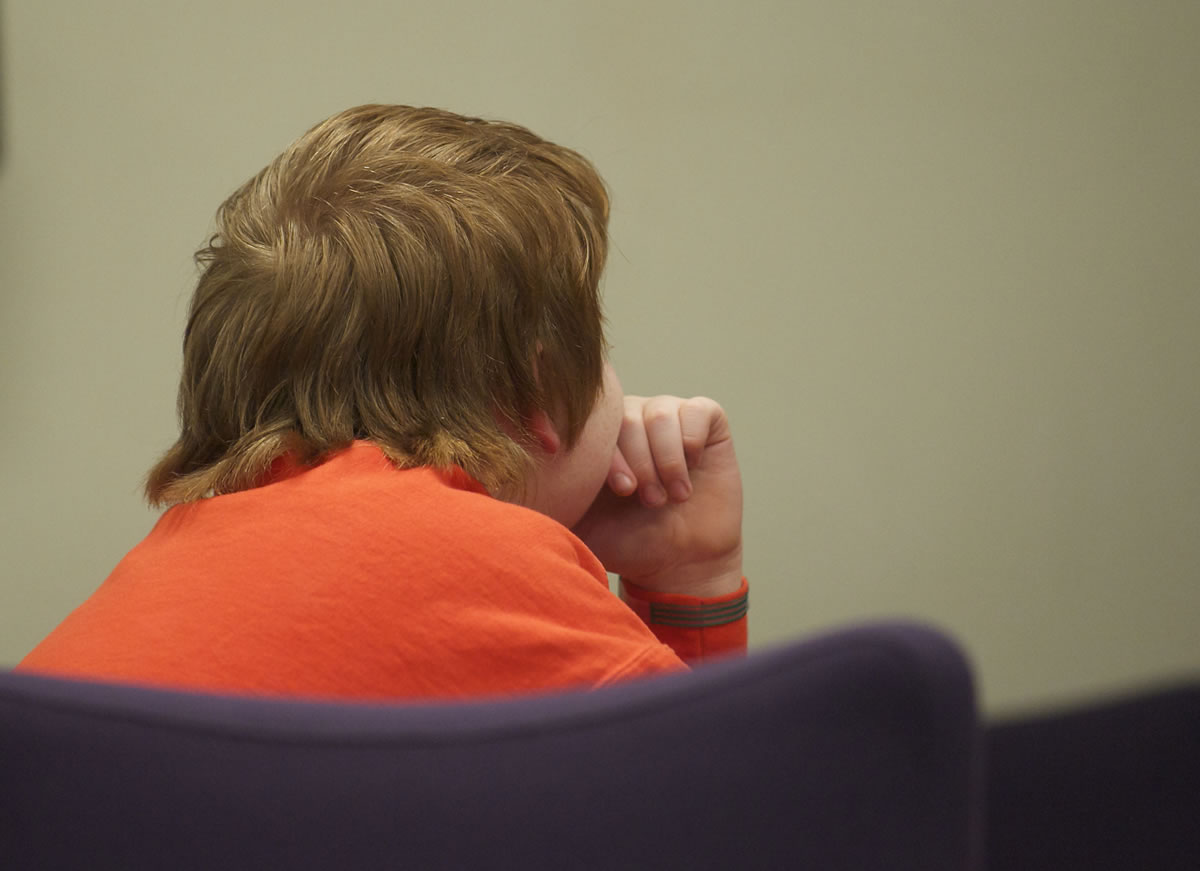Legal maneuvering is slowing an attempted murder case against a 12-year-old boy who has been in the Clark County Juvenile Detention Center since his arrest in October.
Quincy J. Tuttle is accused of bringing 400 rounds of ammunition and a pistol to Vancouver’s Frontier Middle School to kill a peer who may have bullied his friend.
Clark County Superior Court Judge Scott Collier last month found Tuttle competent to stand trial in Juvenile Court, rejecting a challenge by Tuttle’s attorney, John Lutgens.
During a Dec. 8 competency hearing, Lutgens argued that Tuttle’s age made him incompetent to assist in his defense and presented expert testimony from a psychologist. (Tuttle was 11 when he allegedly brought the gun to the school Oct. 23.)
Next, Deputy Prosecutor Abbie Bartlett has to prove Tuttle has the capacity to understand that his actions were wrong, unless his attorney concedes that Tuttle does. Capacity is a different standard from competency, which means a defendant can assist in his defense.
“Normally, (the competency and capacity hearings) are just wrapped up together, but it wasn’t this time,” Bartlett said.
Tuttle’s attorney also has the option of demanding a hearing during which he and Bartlett would argue over Tuttle’s capacity.
“Because of the seriousness of the charges, there is a greater likelihood we would want to have a hearing, but that hasn’t been decided yet,” Lutgens said.
He said he has to consult with Tuttle’s parents before making a decision.
When a criminal defendant is between 8 and 12, the burden is on the prosecution to prove capacity, Bartlett said.
Collier scheduled a Thursday hearing to determine whether there’s a need for a capacity hearing. He will also discuss possible follow-up hearings, including arraignment, motions to suppress and trial. Lutgens suggested he may attempt to suppress evidence related to a confession Tuttle allegedly made and statements made by other students who are minors.
Tuttle has been charged with attempted murder and other weapons-related crimes. He still hasn’t entered a plea to the charges because the prosecution must prove capacity before he can be arraigned, Bartlett said.
Tuttle allegedly plotted to murder a student who may have called his friend “gay,” according to prosecutors. Bartlett said he stole a gun from his parents’ closet while they were out in the garage smoking. Then he brought the gun to school for three consecutive days but delayed shooting the student because he initially couldn’t figure out how to release the gun’s safety, she said.
According to defense expert Christopher Johnson, a psychologist from Vancouver Guidance Clinic, Tuttle has no diagnosed mental disease and shows no signs of psychotic behavior, even though Tuttle has said he heard voices that told him to kill his schoolmate.
Johnson said that Tuttle’s age, however, negatively affects his ability to understand court proceedings and understand the roles of the judge and prosecutor.



